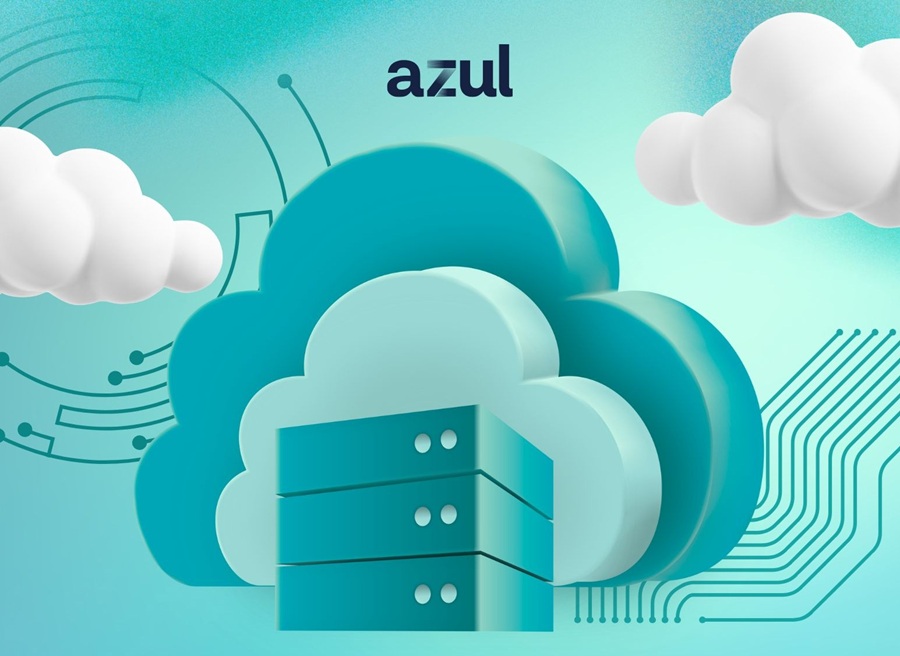
Mezmo announced the general availability of the Mezmo Agent 3.6, which introduces Windows support to our Rust Agent.
The new version of the agent supports file logging on Windows, which means customers can now upgrade to an agent that runs on Rust and take advantage of many new customization options.
As part of the company name change, from LogDNA to Mezmo, the company will be changing the name of the agent to mezmo-agent. This will happen over a series of releases. Starting in 3.6, environment variables will begin with the prefix MZ, but will be backwards compatible with LOGDNA_. Starting with 3.7, "mezmo" will be used in the names of the agent's binaries and yaml files. The "logdna" name will be backwards compatible until version 4.0, when we will fully remove all references to "LOGDNA_" and "logdna".
After the release of Agent 3.6, Mezmo will remove the “latest” and “stable” tags from the docker images.
Immediately going forward, Mezmo will use a semantic versioning scheme (MM.mm.pp). Minor and patch releases will happen on an ongoing basis. Minor versions will be for adding functionality in a backwards compatible manner; patch versions will be for making backwards compatible bug fixes.
Major releases will happen when there is a breaking change (for instance, the shift from “logdna” to “mezmo” in 4.0 is a breaking change). After a major release, the previous major version will receive security updates for the next year, but not updates containing new features or general bug fixes.
To bring the agent into this support matrix, Mezmo will be discontinuing support of agents that are below version 3.6 starting with the release of 4.0. These agents will still be able to send logs to our service and logs will be ingested normally, but these versions of the agent will no longer be updated for any reason.
The Latest
An overwhelming majority of IT leaders (95%) believe the upcoming wave of AI-powered digital transformation is set to be the most impactful and intensive seen thus far, according to The Science of Productivity: AI, Adoption, And Employee Experience, a new report from Nexthink ...
Overall outage frequency and the general level of reported severity continue to decline, according to the Outage Analysis 2025 from Uptime Institute. However, cyber security incidents are on the rise and often have severe, lasting impacts ...
In March, New Relic published the State of Observability for Media and Entertainment Report to share insights, data, and analysis into the adoption and business value of observability across the media and entertainment industry. Here are six key takeaways from the report ...
Regardless of their scale, business decisions often take time, effort, and a lot of back-and-forth discussion to reach any sort of actionable conclusion ... Any means of streamlining this process and getting from complex problems to optimal solutions more efficiently and reliably is key. How can organizations optimize their decision-making to save time and reduce excess effort from those involved? ...
As enterprises accelerate their cloud adoption strategies, CIOs are routinely exceeding their cloud budgets — a concern that's about to face additional pressure from an unexpected direction: uncertainty over semiconductor tariffs. The CIO Cloud Trends Survey & Report from Azul reveals the extent continued cloud investment despite cost overruns, and how organizations are attempting to bring spending under control ...

According to Auvik's 2025 IT Trends Report, 60% of IT professionals feel at least moderately burned out on the job, with 43% stating that their workload is contributing to work stress. At the same time, many IT professionals are naming AI and machine learning as key areas they'd most like to upskill ...
Businesses that face downtime or outages risk financial and reputational damage, as well as reducing partner, shareholder, and customer trust. One of the major challenges that enterprises face is implementing a robust business continuity plan. What's the solution? The answer may lie in disaster recovery tactics such as truly immutable storage and regular disaster recovery testing ...
IT spending is expected to jump nearly 10% in 2025, and organizations are now facing pressure to manage costs without slowing down critical functions like observability. To meet the challenge, leaders are turning to smarter, more cost effective business strategies. Enter stage right: OpenTelemetry, the missing piece of the puzzle that is no longer just an option but rather a strategic advantage ...
Amidst the threat of cyberhacks and data breaches, companies install several security measures to keep their business safely afloat. These measures aim to protect businesses, employees, and crucial data. Yet, employees perceive them as burdensome. Frustrated with complex logins, slow access, and constant security checks, workers decide to completely bypass all security set-ups ...

In MEAN TIME TO INSIGHT Episode 13, Shamus McGillicuddy, VP of Research, Network Infrastructure and Operations, at EMA discusses hybrid multi-cloud networking strategy ...
